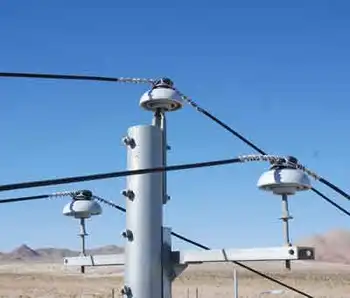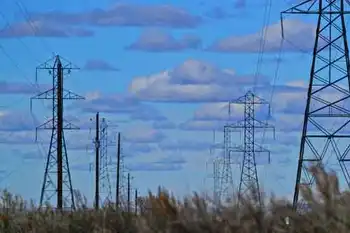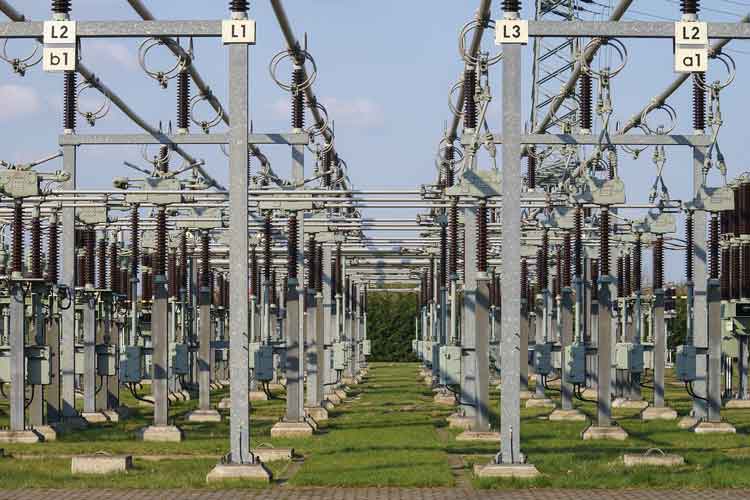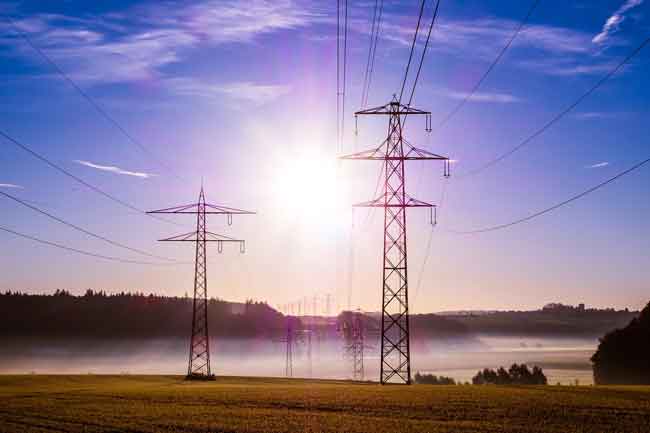Ontario Providing Support for Industrial and Commercial Electricity Consumers During COVID-19
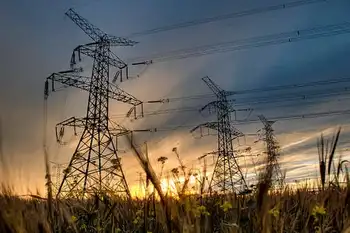
Arc Flash Training CSA Z462 - Electrical Safety Essentials
Our customized live online or in‑person group training can be delivered to your staff at your location.

- Live Online
- 6 hours Instructor-led
- Group Training Available
Ontario Global Adjustment Deferral provides COVID-19 relief to industrial and commercial electricity consumers, holding GA charges at pre-COVID levels, aligning Class A and Class B rates, and deferring non-RPP costs from April to June 2020.
Key Points
An emergency measure that defers a portion of GA charges to stabilize electricity bills for non-RPP Class A/B consumers.
✅ Holds GA near pre-COVID levels at $115/MWh for Class B.
✅ Applies equal percentage relief to Class A customers.
✅ Deferred costs recovered over 12 months from Jan 2021.
Through an emergency order passed today, the Ontario government is taking steps to defer a portion of Global Adjustment (GA) charges for industrial and commercial electricity consumers that do not participate in the Regulated Price Plan for the period starting from April 2020, at a time when Toronto's growing electricity needs require careful planning. This initiative is intended to provide companies with temporary immediate relief on their monthly electricity bills, as utilities use AI to adapt to shifting electricity demands in April, May and June 2020. The government intends to keep this emergency order in place until May 31, 2020, and subsequent regulatory amendments would, if approved, provide for the deferral of these charges for June 2020 as well.
This relief will prevent a marked increase in Global Adjustment charges due to the low electricity demand caused by the COVID-19 outbreak. Without this emergency order, a small industrial or commercial consumer (i.e., Class B) could have seen bills increase by 15 per cent or more. This emergency order will hold GA rates in line with pre-COVID-19 levels, even as clean energy initiatives in British Columbia accelerate across the sector.
"Ontario's industrial and commercial electricity consumers are being impacted by COVID-19. They employ thousands of hardworking Ontarians, and we know this is a challenging time for them," said Greg Rickford, Minister of Energy, Northern Development and Mines. "This would provide immediate financial support for more than 50,000 companies when they need it most: as they do their part to stop the spread of COVID-19 and as they prepare to help get our economy moving again with Toronto preparing for a surge in electricity demand in the years ahead."
Quick Facts
- The GA rate for smaller industrial and commercial consumers (i.e., Class B) has been set at $115 per megawatt-hour, which is roughly in line with the March 2020 value, alongside efforts to develop IoT security standards for electricity sector devices today. Large industrial and commercial consumers (i.e., Class A) will receive the same percentage reduction in GA charges as Class B consumers.
- Subject to the approval of subsequent amendments, deferred costs would be recovered over a 12-month period beginning in January 2021, amid increasing exposure to harsh weather across Canadian grids.





